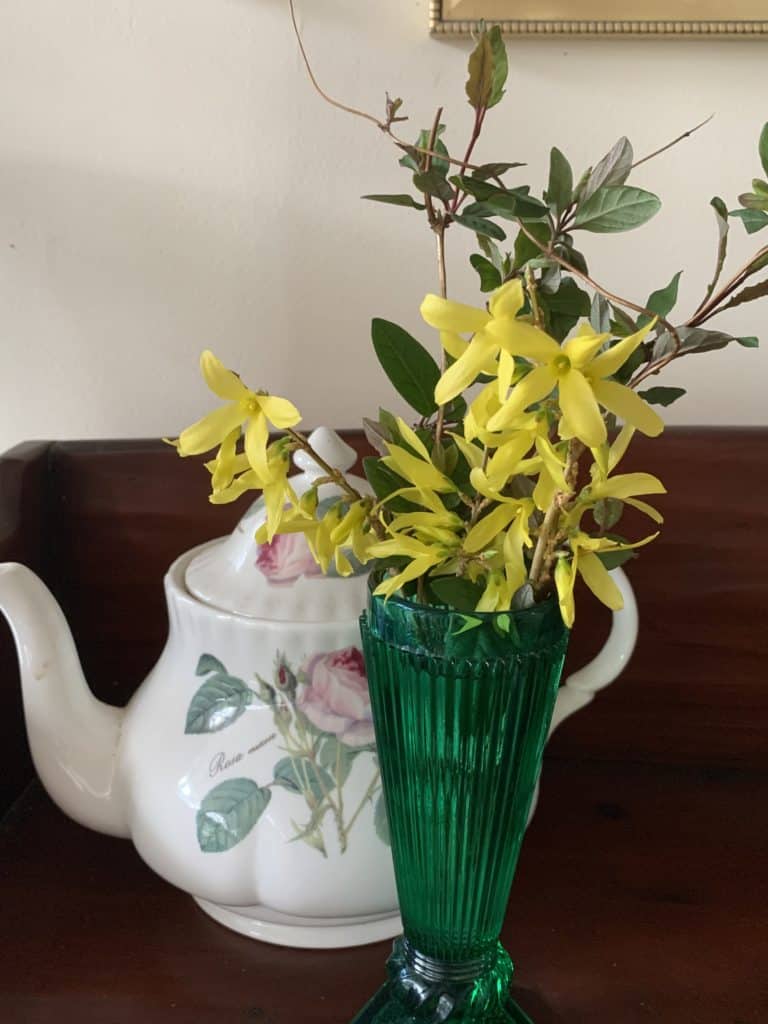Gardening for Health: Herbs may provide relief for virus symptoms

Editor’s Note: We recommend anyone suffering from flu-like symptoms to follow COVID-19 protocol recommended by the CDC at https://www.cdc.gov/coronavirus/2019-ncov/index.html The column below explores natural remedies—many from the garden—that may provide relief from general cold and flu symptoms.
In these uneasy times of new viruses that are not well understood, it might help a little to turn to the botanical world. Viruses are incredibly small and can only be seen by an electron microscope. They are made up of genetic material (DNA or RNA) surrounded by a protein capsule. Their only goal is to reproduce after infecting the cells that are susceptible to them. Antibiotics are generally useless against viruses. Today we still only have a handful of antiviral drugs.
The good news is that several herbs used in traditional medicines have scientifically documented antiviral effects. The following herbs can be used to relieve symptoms of viral infections like colds and flu.
Dr. James Duke, author of The Green Pharmacy, always told me that honeysuckle, forsythia and garlic were his ‘go-to’ herbs for flu. Honeysuckle (Lonicera japonica) has been used to treat pneumonia, bronchitis, flu and colds by Chinese herbalists.
In summer, you can boil a cup of the flowers in a cup of water, then strain the tea before drinking it. In winter, you can strip off the old, dried leaves from a vine and use them to make a tea. Even better is to make your honeysuckle tea with forsythia flowers. Forsythia contains several potent antiseptics and some antiviral compounds. In winter, Dr. Duke would make his tea with the bare twigs of honeysuckle and forsythia.
Echinacea is one of the most popular antiviral herbs. Root extracts have been shown to act like interferon, the body’s own antiviral compound. Although the pathways are not that well understood, echinacea acts as an immune booster.
Other immune boosting herbs are astragalus, goldenseal, and shitake mushrooms.
Another antiviral is garlic, best eaten raw. Duke recommended eating up to a dozen cloves per day. Make sure to crush them before eating.
Juniper, thyme, lemon balm, licorice, eucalyptus, osha, ginger, and elderberry all possess antiviral activity. These herbs can be made into a tea by infusing one teaspoon of dried herb in one cup of boiled water. Tinctures, which are alcoholic extracts of herbs, can also be purchased.
The garden can become your pharmacy if you know where to look.
